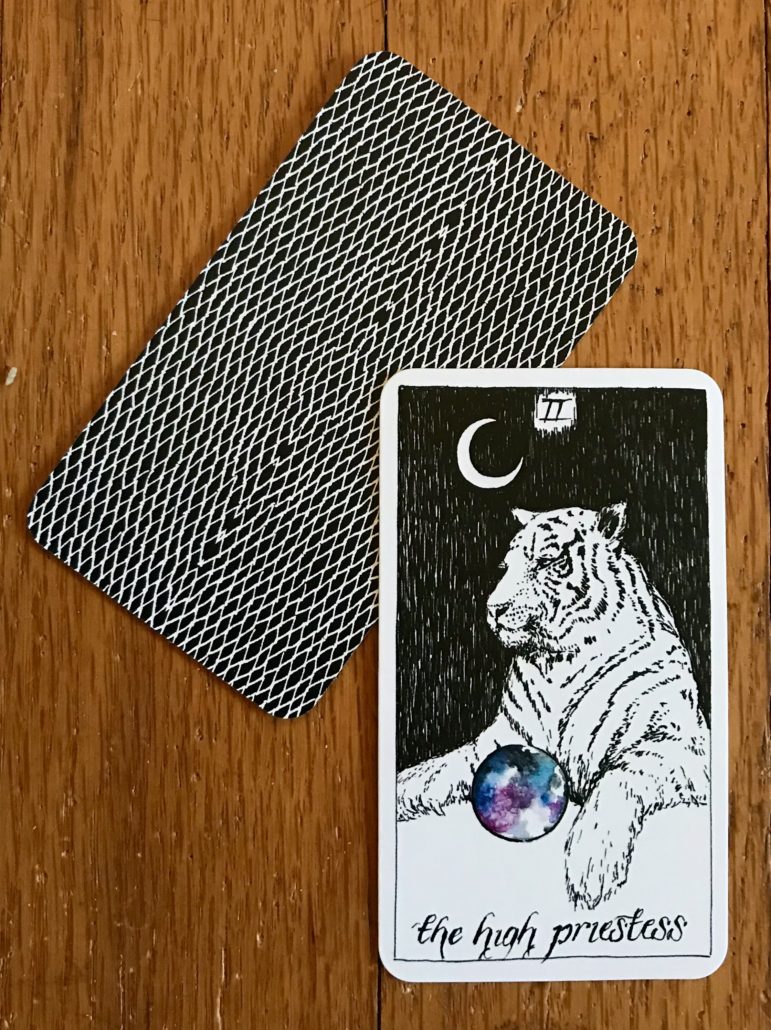
Image credit: Pixabay
TWH – A new documentary about Heartland Pagan Festival (HPF) was released on December 21 by Fent’s Post Productions LLC. The film titled, “Life of Gaea,” features footage from the 32nd annual HPF in 2017 and includes interviews with a mix of participants, presenters, vendors, and staff, as well as clips of musical performances, workshop presentations, and the lighting of the fire for the closing ritual.
The film also captures the landscape of Gaea Retreat Center where the festival is held each year.
Ken Fent was the official photographer for HPF in 2017 and lists himself as a veteran photographer and writer, based out of Salina, Kansas, and owner of Fent’s Post Production, LLC. He used the footage he shot during HPF 2017 to create a documentary about the festival and the various beliefs held by some of the participants.
Simone Beason, President of Heartland Spiritual Alliance, noted in the YouTube comment section of the video, “The views and opinions expressed in this video are those of the creator and do not necessarily reflect the views or opinions of Heartland Spiritual Alliance or any person or entity associated with Heartland Spiritual Alliance or Heartland Pagan Festival.”
HPF is organized by the Heartland Spiritual Alliance and held annually at Gaea Retreat Center in McLouth, Kansas. As with many events HPF canceled in 2020 and held their 2021 event virtually due to restrictions and concerns over COVID-19.
They are slated to hold the 35th annual HPF in 2022, titled, “The Year of Phoenix,” May 26 through May 30 at the Gaea Retreat Center.
♦ ♦ ♦

Flag of the United Kingdom
LONDON – As TWH reported last week, the news that the Scottish Parliament was taking up the issue of pardoning several thousand women who were accused of practicing “witchcraft” under the “Witchcraft Act of 1563,” is joined by that of a historian in another region of Great Britain to call for the women persecuted there during the same period to also be exonerated.
Exeter historian Dr. Todd Gray is quoted in Devon Live as saying, “Most of Devon’s legal cases involving witchcraft were ones of slander, generally in which one woman complained that another had called her a witch, generally as part of a string of abusive words.”
Todd continued, “The other instance was when the state prosecuted both women and men as witches. A pardon should also be given to those men who were persecuted for witchcraft.”
Devon, located in southwest England, is home to the city of Exeter which Todd considers to be at the heart of the “witch” trials since the first (1566) and last (1643) executions in the country were carried out there. King James I issued a statute against “witchcraft” in 1603 which was in place until it was repealed by King George II in 1763.
There is also a petition calling for a Monarch’s pardon for the 10 people who were convicted and hanged during the Lancashire Witch Trials of 1612.
Professor of History at the University of Central Lancashire, Robert Poole, is quoted in the petition, “This case is important in 2021 as it teaches us that if we identify members of a community, however marginal, as some kind of ‘other,’ that it’s going to lead to other miscarriages of justice.”
The petition must garner at least 100,000 signatures before it would be considered for debate by parliament. If it acquires 10,000 signatures, the government is required to respond. Currently, the petition has 2,474 signatures but will remain open and accessible until April 7, 2022.
It is possible that other provincialities will also seek pardons for those who were wrongly accused and executed, especially if the Scottish Parliament decides to grant pardons and issue an apology for the nearly 4,000 people accused, a large percentage of which were executed for their alleged crimes.
In other news:
-
- New research published in the journal, Nature focuses on the genetic connections found within the burial site in England, Hazleton North Barrow. Researchers examined the 5,700-year-old remains of 35 people and found that 27 of them bear similar enough genetic markers to demonstrate a close familial relationship, spanning five generations. The new research shows that the genetic line originated from a single male and the layout of the burials possibly reflects the level of status, but also widens the boundaries of kinship with a family structure of that period since some of the individuals buried reflected only their matriarchal connection, suggesting that the child was from a previous relationship but was adopted into the family line when their mother became joined with a male member of the line. Researchers noted, “The interplay between patrilineal and maternal descent also has implications for interpreting the constitution of personhood and gender in this Neolithic community.”
-
- 36 artifacts that had been stolen and were in the possession of Spain were returned to Egypt last Monday. The antiquities had been illegally removed from archaeological sites, mostly likely Saqqara and Mit Rahina, and smuggled out of Egypt into Spain. Spanish authorities confiscated the illegal antiquities in 2014 and a return of the items has been in the process of being coordinated since then. Among the items recovered, figurines of gods and goddesses, canopic jars, and a lion’s head representing the goddess Sekhmet carved from granite. The artifacts are valued at $170,000, but as with all antiquities represent yet another piece of ancient Egypt and the country’s long history.
-
- New archaeological research using ostrich shell beads helps to define social connections, migration and trade within parts of the African continent. Drs. Jennifer Miller and Yiming Wang with the Max Planck Institute for the Science of Human History amassed data from and examined more than 1500 individual beads that were unearthed from 31 sites across southern and eastern Africa spanning 0ver 50,000 years. The ostrich shell beads that ranged in age from 33,000 to 50,000 years shared a consistency and commonality that reflects a connection between areas of Southern and Eastern Africa that ranged as far apart as over 1,800 miles (3,000 km). “Through this combination of paleoenvironmental proxies, climate models, and archaeological data, we can see the connection between climate change and cultural behavior,” Wang said. “These tiny beads have the power to reveal big stories about our past,” said Miller. “We encourage other researchers to build upon this database, and continue exploring evidence for cultural connection in new regions.”
Today marks the second day of Kwanzaa and is focused on the principle of Kujichagulia or self-determination, identified as defining and naming oneself, in addition to creating and speaking for oneself.
Kwanzaa is a cultural celebration that spans seven days and was created in 1966 by Maulana Ndabezitha Karenga, a professor of African studies, and based on harvest traditions found in many African countries. Its name is drawn from the Swahili phrase for “first fruits” matunda ya kwanza. Karenga symbolically added an extra “a” on the end of the word to bring the total number of letters to seven.
The seven days of Kwanzaa celebrate a different principle each day. The first day which was yesterday, is the principle of Umoja or unity and symbolizes striving for and maintaining unity within the family, community, nation, and race.
Each day a new principle is presented and celebrated: Ujima (Collective work and responsibility), Ujamaa (Cooperative economics), Nia (Purpose), Kuumba (Creativity), and on the seventh day, Imani (Faith).
Sage Chioma for the International Civil Rights Center & Museum explains the history of Kwanzaa and introduces artist and activist, Bree Newsome-Bass, who speaks about the first principle of Umoja or unity.
Tarot of the week by Star Bustamonte Deck: The Wild Unknown Pocket Tarot, by Kim Krans, published by Harper Collins.
Deck: The Wild Unknown Pocket Tarot, by Kim Krans, published by Harper Collins.Card: Major arcana (II), The High Priestess
This week may call for a bit of seeking a secluded quiet to better hear the inner voice and guidance. Be mindful that sometimes it is necessary to look past the surface of what is being readily presented to fully comprehend what course to take.
Conversely, ignoring the intuition or not taking time to fully explore options can lead to poor decisions and result in an outcome that is less than desired.
Decks generously provided by Asheville Pagan Supply.6
The Wild Hunt is not responsible for links to external content.
To join a conversation on this post:
Visit our The Wild Hunt subreddit! Point your favorite browser to https://www.reddit.com/r/The_Wild_Hunt_News/, then click “JOIN”. Make sure to click the bell, too, to be notified of new articles posted to our subreddit.